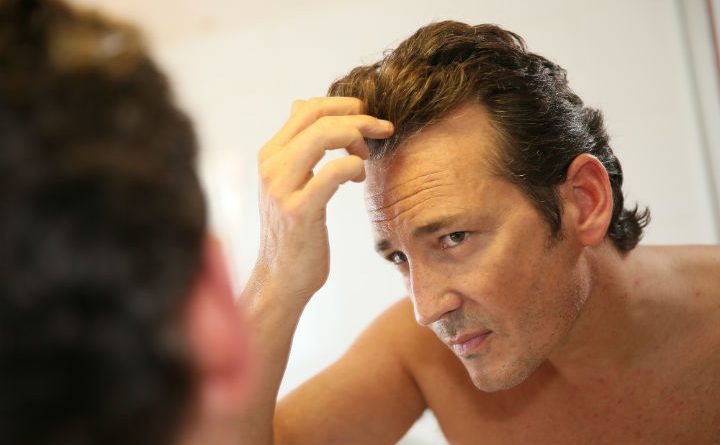Hair loss, balding, alopecia—no matter what you call it, it’s miserable to go through. While there are products that can help once hair loss sets in, they are largely ineffective or disappointing for most people. Unfortunately, on the whole, there is very little that can be done for the genetic factors that contribute to alopecia. You may be able to use certain treatments to re-encourage hair growth in some situations, but not all. There are, however, some measures you can take if you are especially concerned about hair loss or have noticed a slight thinning.
Medicines and Hormones
Both male- and female-pattern baldness may be caused by too much androgen. In men, a particular enzyme turns testosterone into androgen dihydrotestosterone (DHT), which is largely responsible for balding. Many women make too much androgen or are sensitive to a normal level. If you have alopecia in your family, getting checked early on to see how your androgen levels fare can help you start taking preventative measures.
Insufficient levels of iron and protein can also contribute to hair loss. Get plenty of both from foods like red meat. Discuss beginning a supplement with your doctor if you think you may be having trouble in that arena. Thyroid diseases are also associated with hair loss, and such levels can also be checked, especially if you notice other warning signs of thyroid trouble.
Certain medicines and treatments may cause hair loss. Make sure and know the side effects of any medication you’re taking, even if a doctor prescribes. If pattern baldness runs in your family, be especially careful with any prescriptions or medications that include alopecia in the list, and discuss alternatives with your physician.
Stress
Stress is bad for the body in about a million different ways. Hair loss is one of them. If you have a high-tension life, start practicing relaxation techniques early and often. Eat healthy, wholesome meals to ensure your body gets the nutrients it needs. Get plenty of sleep, and exercise regularly to maintain overall bodily health.
Hair Styles and Headwear
Some experts maintain that certain ways of wearing your hair can contribute to baldness later on. Causing the hair excessive tension and damage can slowly cause such wear and tear on the scalp that it has difficulty maintaining its lusciousness. Weak hair breaks easily and grows slowly. Constantly wearing hats can rub on the scalp, slowly assisting preventing hair growth through natural cycles (in much the same way that many men do not have leg hair where their socks sit). Keep your hair healthy and happy with a good hygiene routine. Use items that will encourage strong strands, a clean scalp, and styles that don’t cause undo stress.
Featured Image: Deposit Photos/© Goodluz



